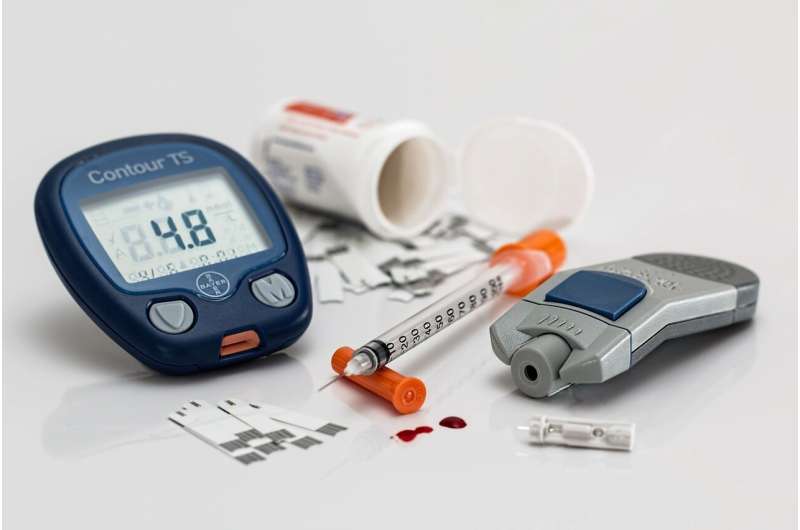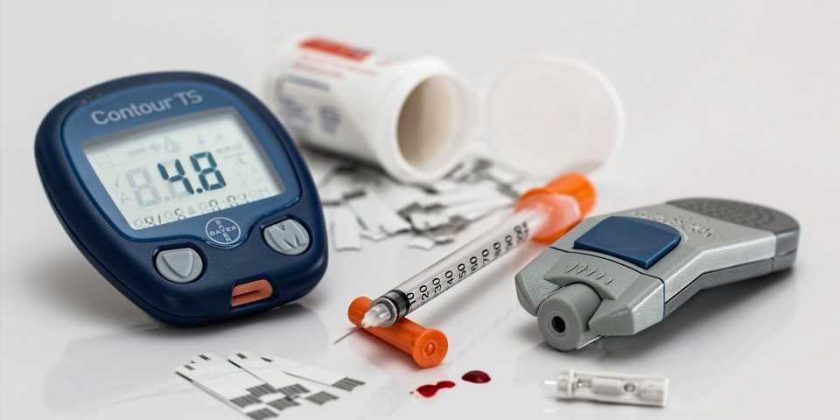
A brief research report including more than 900 adults with type 1 diabetes found that 37%, or nearly 4 in 10 participants, were diagnosed with type 1 diabetes after age 30. Age of diagnosis was higher for men and racial minority adults. The findings are published in Annals of Internal Medicine.
Adult-onset type 1 diabetes is frequently misdiagnosed as type 2 diabetes, leading to inappropriate care.
Emerging data suggest that up to 62% of type 1 diabetes cases develop after age 20 years. However, prior studies have been done in selected clinical populations. Clarifying the burden of adult-onset type 1 diabetes in the general population may help reduce misdiagnosis.
Researcher from Johns Hopkins Bloomberg School of Public Health analyzed data from the 2016 to 2022 cycles of the National Health Interview Survey (NHIS) to characterize the age distribution of type 1 diabetes diagnosis in the United States, overall and according to demographic and clinical characteristics. Based on data for 947 patients with type 1 diabetes, the authors found that the peak diagnosis age was approximately 15 years, and the median age of diagnosis was 24 years.
The authors also found that the age of diagnosis was older in men than women, and for racial/ethnic minority adults compared to non-Hispanic White adults. The authors report that overall, 37% of participants reported a diagnosis after age 30 years. According to the authors, tools integrating clinical measures and biomarkers may improve the accuracy of diagnosis for these patients.
More information:
Annals of Internal Medicine (2023). DOI: 10.7326/M23-1707. www.acpjournals.org/doi/10.7326/M23-1707
Journal information:
Annals of Internal Medicine
Source: Read Full Article
